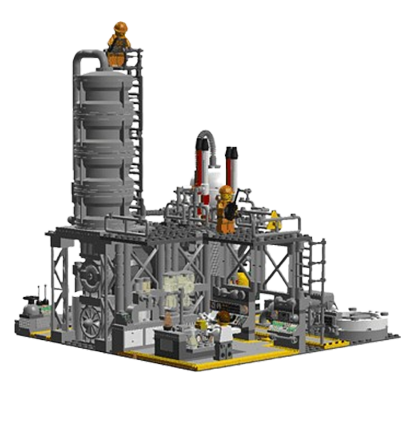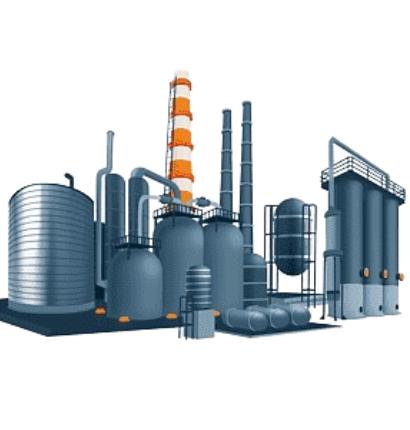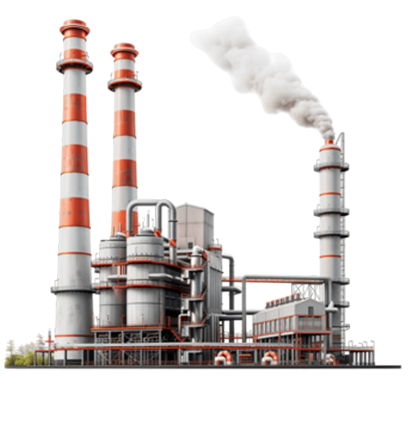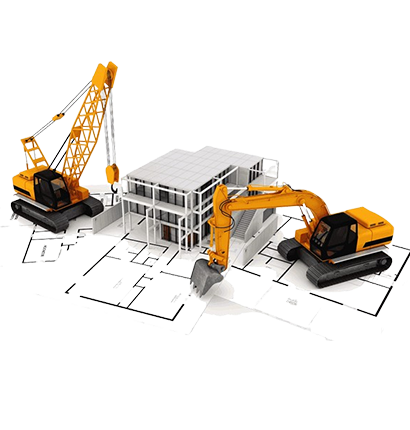Boiler plates, also known as boiler quality (BQ) plates, are a type of thick, high-strength steel plate specifically designed to withstand extreme pressures and temperatures. These plates are commonly used in the construction of boilers, pressure vessels, and tanks, making them essential in industries such as power generation, petrochemical processing, and oil and gas.
Boiler plates must possess high resistance to cracking, corrosion, and thermal stress to ensure safety and durability in extreme conditions. They are manufactured to precise specifications, ensuring they meet strict industry standards for safety and performance.
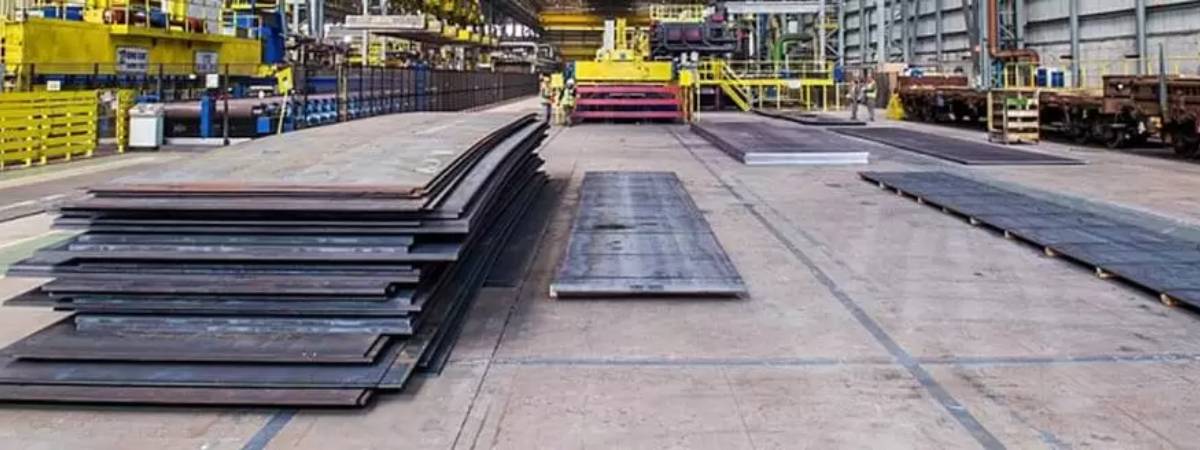
- High Strength: Boiler plates are designed to endure high pressures without deforming, making them ideal for pressure vessels and boilers.
- Resistance to Heat: These plates can withstand elevated temperatures without losing strength, a crucial requirement for components exposed to hot fluids or gases.
- Corrosion Resistance: Boiler plates offer resistance to corrosion, especially when exposed to water, steam, or chemicals commonly found in industrial environments.
- Good Weldability: Boiler plates are highly weldable, allowing them to be fabricated into complex shapes and structures with ease.
- Durability and Toughness: With excellent toughness, boiler plates can handle mechanical and thermal stress without cracking or failing, ensuring long service life even in harsh conditions.
- Safety: Boiler plates are designed to handle high pressures and temperatures safely, reducing the risk of catastrophic failure in pressure vessels and boilers.
- Versatility: Available in various grades and thicknesses, boiler plates can be tailored to meet the specific needs of different industries and applications.
- Durability: Boiler plates are long-lasting, offering excellent resistance to wear, corrosion, and thermal fatigue, ensuring the safe operation of pressure systems.
- Cost-Effective: Their durability and reliability make them a cost-effective solution for industries that operate high-pressure equipment, reducing the need for frequent replacements.
| Material Composition | Low to medium |
| Tensile Strength | Sufficient strength to withstand high internal pressure |
| Yield Strength | Defines stress level for plastic deformation |
| Thickness | few mm to several inches |
| Dimensions | Standard size |
| Heat Treatment | Normalizing, quenching and tempering |
| Certification/Standards | ASTM, ASME, EN |


